AUTOMOTIVE SECTOR

The automotive sector is undergoing a major transformation, driven by the ecological transition, the electrification of vehicles and the constant search for lighter, safer and more sustainable materials. In this context, Fiberban™ stands out as a disruptive innovation: a natural, fire-resistant, thermal and acoustic insulator made from non-hazardous waste.
Combining technical performance, increased safety and a reduced environmental footprint, Fiberban™ perfectly meets the requirements of the modern automotive sector. It offers an ecological and high-performance alternative to synthetic materials such as fibreglass, rubber or petrochemical-based insulators, thus contributing to the decarbonisation and recyclability of tomorrow's vehicles.

thumb_upGlobal leader in composite materials, engineering plastics and insulation solutions for the automotive industry. Already committed to sustainable and lightweight innovations.
tips_and_updatesPropose Fiberban™ as a natural, fire-retardant material for thermal and acoustic insulation in passenger compartments, engines and batteries. Highlight its weight reduction and sustainability benefits.
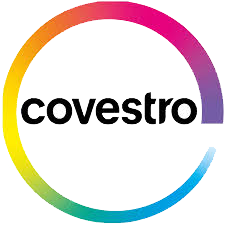
thumb_upMajor supplier of polyurethanes and composites for vehicles, focused on lightweight and sustainable solutions for automotive manufacturers.
tips_and_updatesPresent Fiberban™ as an environmentally friendly complement to existing composites, with applications for trim, interior panels and seals. Propose an R&D pilot project.

thumb_upManufacturer of acoustic, adhesive and insulation solutions for vehicles, with strong technical expertise and constant innovation.
tips_and_updatesIntegrate Fiberban™ into sound/thermal insulation, carpets and trim, and demonstrate the benefits of bio-based, recyclable and fire-retardant materials. Propose a collaboration to test Fiberban™ on different vehicle models.
The Fiberban concept is based on a patented process that transforms waste into a high-performance, versatile insulating fibre. This technology offers a safe alternative to asbestos, combining performance, safety and sustainability. It paves the way for a new generation of natural insulating materials capable of meeting today's requirements for energy efficiency, safety and environmental friendliness.
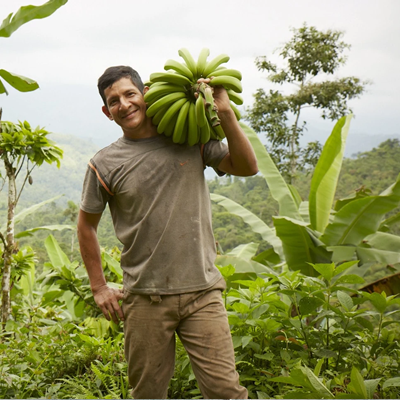 Made from recycled non-hazardous waste, Fiberban™ helps to reduce the carbon footprint while recycling previously unused materials.
Made from recycled non-hazardous waste, Fiberban™ helps to reduce the carbon footprint while recycling previously unused materials.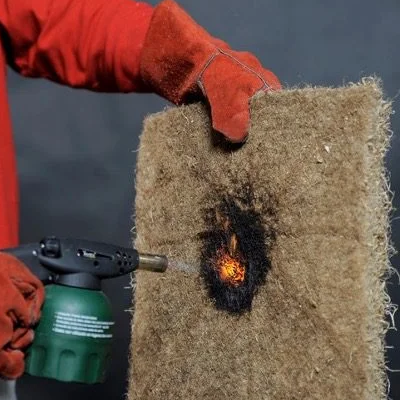 Effectively resists heat and fire, ensuring greater safety in buildings.
Effectively resists heat and fire, ensuring greater safety in buildings.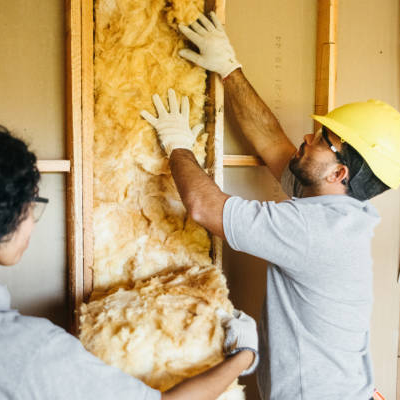 Limits energy loss by providing excellent thermal insulation in both winter and summer.
Limits energy loss by providing excellent thermal insulation in both winter and summer.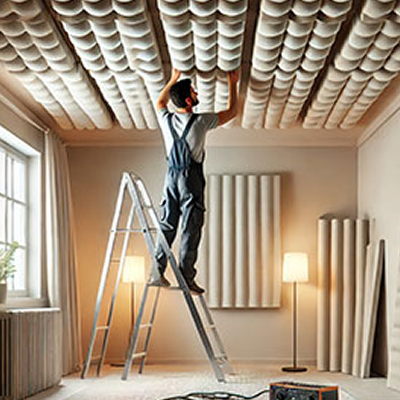 Reduces noise pollution, improving the acoustic comfort of interior spaces.
Reduces noise pollution, improving the acoustic comfort of interior spaces.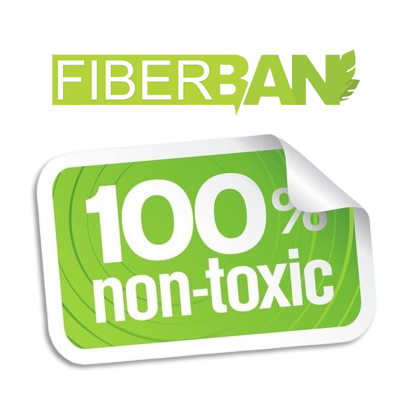 Unlike asbestos, Fiberban™ is harmless to human health and has a long service life.
Unlike asbestos, Fiberban™ is harmless to human health and has a long service life.This projection is based on the strong growth momentum in the insulation sector, driven by the energy transition, environmental regulations (such as RE 2020 in Europe) and the search for more sustainable materials.
*Gradual expansion (2% of the market)
Target segment: thermal, acoustic and fire insulation for passenger compartments, engines, batteries and technical components is worth approximately $17 billion in 2025 and is expected to reach $20.4 billion by 2030.
Global, non-exclusive
Royalty of revenue generated
Initial entry fee
